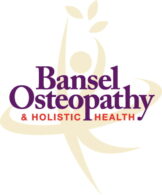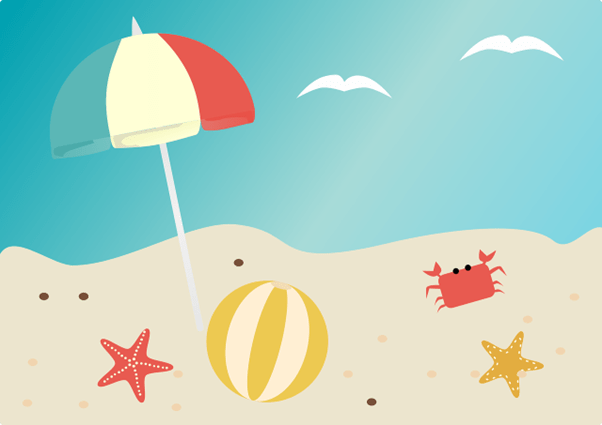Here are some top tips to help you deal with the heat:
Stay out of the heat:
Try and keep out of the heat if as much as you can (especially between 11am and 3pm when the sun is at its strongest. If you have to go outside, try and stay in the shade.
Protect yourself:
Make sure you wear a good quality sunscreen, cover your head with a hat or use an umbrella, wear very light clothes and avoid strenuous exercise.
Keep yourself cool:
Stay cool by consuming cold food and drinks and regularly cooling off with a cold shower, pouring cool water on your skin or clothes or jumping in a pool!
Stay hydrated:
Make sure you drink plenty of cold beverages, avoid caffeine, alcohol and hot drinks while in the heat.
Eating fruit snacks throughout the day is also a great way to stay hydrated. Fruits and vegetables with the highest water content include: berries; melons; oranges; grapes; carrots; lettuce; cabbage and spinach.
Keep your living space cool:
Close your windows during the day and open them at night when the temperature outside has dropped. Turn on any electric fans or air conditioning units in your room.
What do I do if someone gets heat exhaustion?
1) Move them to a cool place.
2) Remove any unnecessary clothing.
3) Get them to drink cold water or a cold sports/rehydration drink.
4) Cool them down by spraying or towelling cold water onto their skin and fan their body. Putting cold packs (make sure they wrapped in cloth to protect their skin) on the back of their neck and under the armpits are very helpful if available.
5) Stay with them until they are feeling better, this should usually takes about 30 minutes.
Sun and heatstroke can be a medical emergency, if anyone has any of the following symptoms, you should call immediately for medical assistance:
- They are still feeling unwell after 30 mins of resting in a cool place, being cooled down and drinking cold fluids.
- They have a v high temperature.
- Their skin is hot (but not sweating) and it looks red.
- They have a fast heartbeat.
- Their breathing is fast, and they have shortness of breath.
- They are confused and lack co-ordination.
- They have a seizure or fit.
- They lose consciousness. If this happens, they must be put in the recover position until help arrives.

